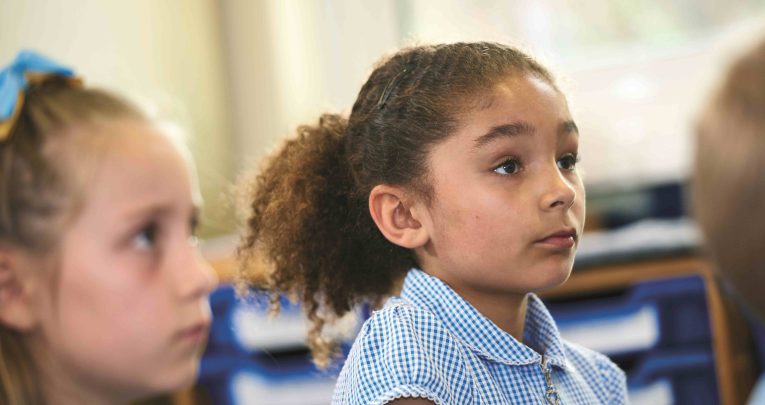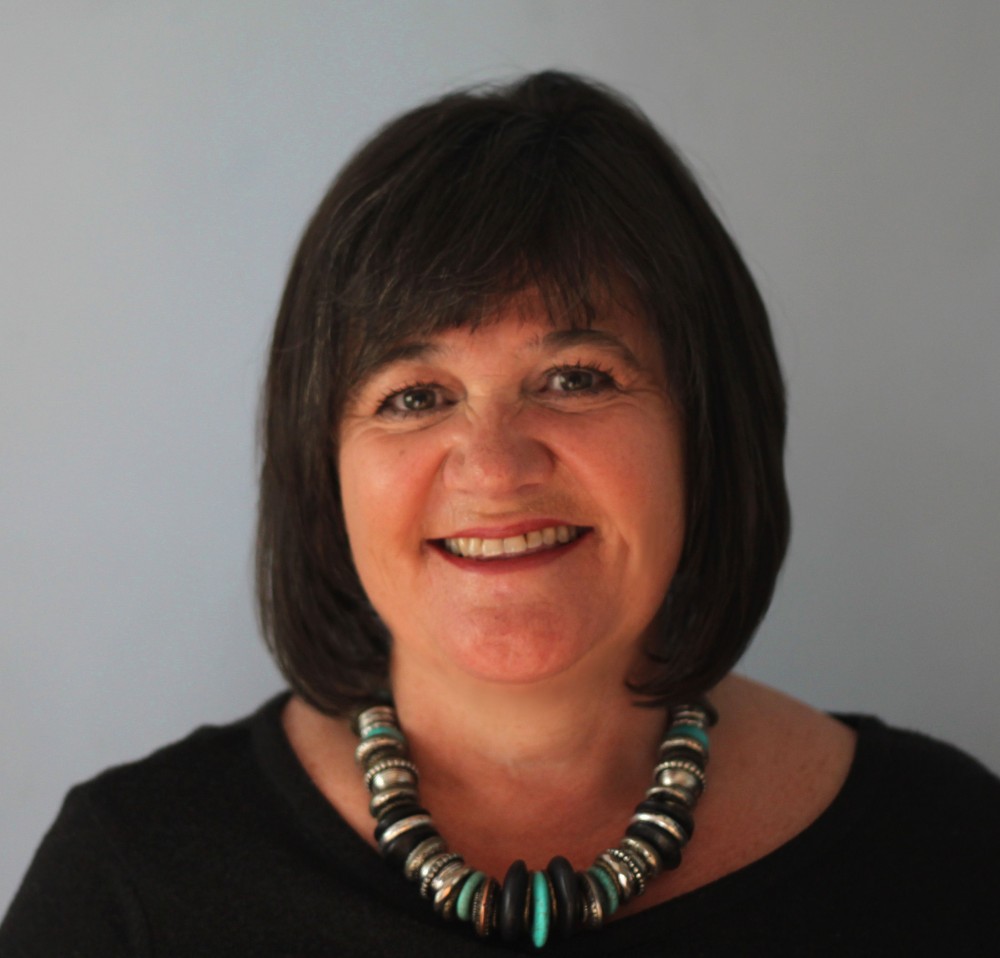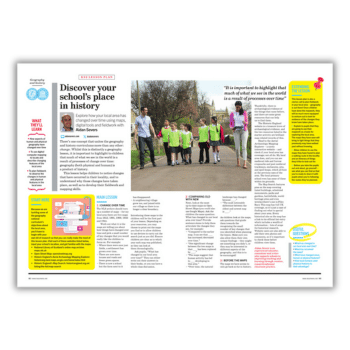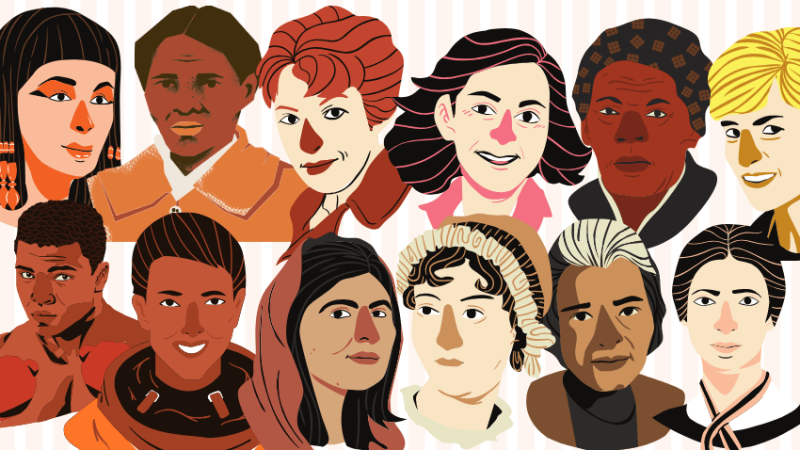Found yourself as history subject coordinator after a few hours’ training? we’re here to help

Teachers are expected to lead a subject such as history after maybe only six hours of specific training in it…

- by Chris Trevor

When I first became a history subject leader in the 90s, my main role was to order and tidy resources (these were the days when subjects were actually given a budget).
Gradually the role changed and I was expected to write action plans, annual reports and lead staff meetings.
Today, the role of a subject leader is much wider.
It involves having a shared vision for improving the subject; knowing about standards; evaluating progress; observing teaching and scrutinising children’s work; supporting colleagues with planning; identifying CPD needs; promoting effective learning environments; organising an ongoing and effective cycle of monitoring and reflective action planning – all on top of the demands of being a class teacher!
It can be argued that there is little support for this wider, more demanding role.
Initial teacher training contains less history, due to reduced time allocations and budget cuts, yet after completing their NQT year, teachers are expected to lead a subject such as history after maybe only six hours of specific training in it.
Even experienced teachers may feel daunted when asked to lead history, as it changed so radically in the 2014 national curriculum.
Curriculum changes
Under the new curriculum there are twists on familiar KS1 themes, ‘new’ KS2 periods and the need to develop understanding of significance, achievements, similarities, differences and influences on the world today. Some teachers haven’t yet embraced these key changes.
As a subject coordinator, it’s your job to share new approaches with colleagues who are still teaching history using old-fashioned methods.
For instance, instead of just telling children about life in the past, we should be aiming for enquiry-led approaches – with topic learning driven by a ‘meaty’ in-depth question.
There should be less emphasis on life at a particular time and more on the comparison within and between periods – similarities and differences, achievements, significance and implications for today.
Teachers now need to help children write their own perceptive, historically valid questions that can support the over-arching enquiry question.
Children need to be trained to think critically about evidence and different interpretations of the past and develop their own perspective and judgements.
Where to begin?
So where does a primary history subject leader start with their new role? A good idea is to do an audit of the current situation of history in your own school, to inform future actions.
Conduct a ‘book look’ to help you assess whether there is coverage of the national curriculum with progression of skills across the whole school, and whether the children are producing work that reflects the new enquiry approach.
This will also show you whether there is ‘real history’ going on, with the development of historical skills, or just English work disguised as history.
Another useful starting point is to conduct a pupil survey.
In addition to questions such as ‘What have you enjoyed most?’, ask questions such as ‘What is history?’ and ‘How do we learn in history?’
This will help you find out if children can tell you exactly what history is, rather than simply telling you about their ‘topic’, and if they are learning the skills required as a historian.
You could also conduct a staff survey to find out whether teachers feel they have sufficient subject knowledge and resources to teach the required elements for their year group.
Next steps
The important next step is to actually take action following this monitoring and evaluation. Raising standards of teaching and learning is paramount. Subject leaders need to build evidence trails, with examples of children’s work, assessment data and analysed pupil voice surveys.
Robust self-assessment is essential, but subject leaders can’t just monitor. They should analyse, evaluate, plan ways forward, take action and monitor again, to assess the impact of actions to discover whether strategies are working.
Choose three things to focus on throughout the year and collect evidence from a book scrutiny or pupil voice survey. Next, evaluate to see if children are on track to meet the expected standard by the end of the key stage, then feed back to staff, showing ways to improve teaching and learning.
Provide the necessary CPD or resources for staff to support this process then monitor again. Evaluate to check if actions have been successful to ensure subject improvement and the development of every child as a historian.
Be a model
As a subject leader you will also need to enthuse colleagues with modelled, effective methods of moving children on as historians. Try sharing ideas about how to handle a range of historical sources of information in a staff meeting.
Provide ideas for using artefacts, documents, photographs, maps and census material in the classroom. You could also demonstrate how to make the most of the local area, by doing a local history walk to develop observational skills.
Alternatively, show how to use and annotate side-by-side historical maps on the excellent NLS maps site. All teachers should have a clear understanding of the purpose of study and aims of the national curriculum, so go through and highlight copies in a staff meeting.
Help and support
Subject leaders need a clear view of their school’s strengths and areas for improvement. However, you shouldn’t be expected to do all this alone. There are excellent resources out there to support you.
The best starting place is to explore the quality guidance provided by the Historical Association. There you’ll find excellent schemes of work led by the enquiry approach, journal articles written by experts and guidance on a range of themes.
Going on a course will help you gain the necessary strategies to promote subject improvement and will also give you the chance to meet other subject leaders and share good practice.
Alternatively, arrange to meet up with other local history subject leaders who are tackling and overcoming the same issues as you. Being a history subject leader can be very rewarding. Children love the subject, so you already have a major advantage over other subject leaders.
Use your position to maximise the opportunities to make an impact on children’s development as historians, and as learners generally.
Making time for history
Subject leaders need ambitious vision to promote subject improvement and become effective champions of history, and you may need to persuade your leadership team of the subject’s essential role in a crowded curriculum.
Schools must make time for history – and not just view it as an opportunity for more English. A great way to achieve this is to use history skills to investigate your period or theme, using the enquiry approach and artefacts, documents and other sources of information, then use English lesson time to write up your findings.
The children can apply their critical thinking and use of evidence in extended writing, adding their own perspective and judgement in the conclusion, based on their higher order historical thinking skills.
Another way of making time for history is using quality novels or picture books with an historical theme as part of English lessons, which children can use as a further stimulus for extending their historical enquiry skills by searching for evidence to support ideas in the story.
Chris Trevor is a freelance consultant and runs courses for primary history subject leaders on behalf of the Historical Association, including a course on how to become an effective subject leader. Find out more at history.org.uk/events or email Chris at christrevor@histgeog.org.uk.










